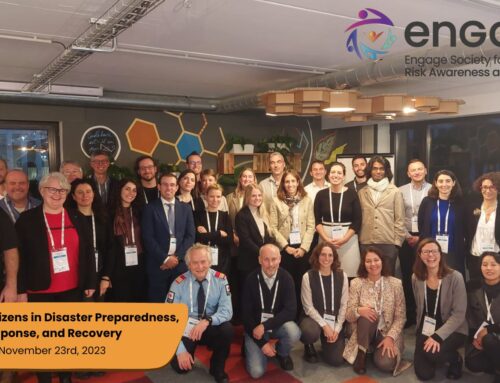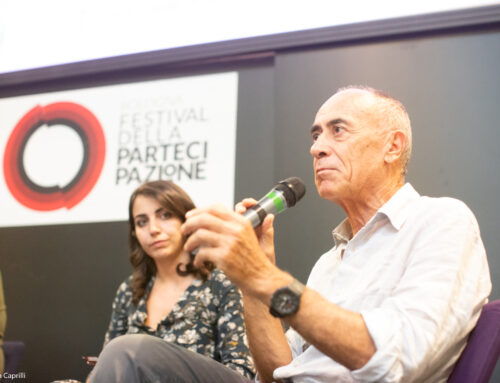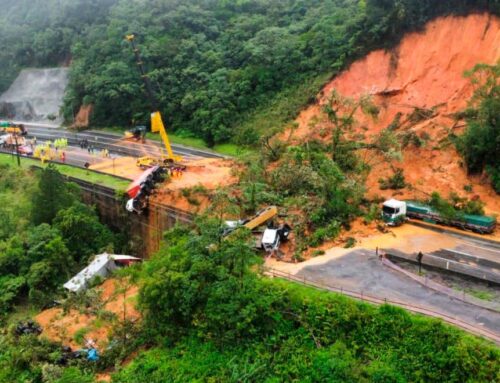Our society is increasingly exposed to complex risks, emerging threats and multidimensional hazards. Therefore, it is essential to enable communities to increase their resilience and empower them to build back smarter.
For the first time in history, the EENA Conference & Exhibition had a session dedicated to societal resilience and its impact on disaster preparedness, response and recovery. As this conference is a reference in the public safety sector, the participation of ENGAGE and our sister projects was a very important step towards closing the gaps between academia and practitioners and an opportunity to hear first-hand the needs of emergency professionals and citizens as they are the best-placed observers in a disaster.
This session entitled “Strengthening the engagement of civil society in transforming disaster management”, chaired by David Wales, former Customer Experience Manager at the Kent Fire and Rescue Service, took place on the second day of the EENA Conference & Exhibition at 10 am.
Four of the European projects studying societal resilience shared experiences, studies and tools towards a common objective: stronger, safer communities and increased resilience of all.
ENGAGE was the first project to present its contributions to social resilience and share the importance of interactions between authorities and the civilian population.
Our coordinator, Matthieu Branlat, presented the case study of the Utøya attack, which took place in 2011 in Norway, and which is an excellent example that shows the importance of spontaneous volunteers during a crisis.
Then it was the turn of the RESILOC project where Uberto Delprato, Chief Executive Officer, IES Solutions and Jon Hall, Founder of The Resilience Advisors Network, spoke about the role of emergency services in local resilience assessments. Resilience cannot be measured, but how we can access it? They explained the RESILOC Framework and the different dimensions and indicators they defined for resilience assessment. They also explained the importance/need of researchers and the role of each of us to scale our skills from the local level to the European level by participating in different European projects.
Then Richard Lüke from the LINKS project and Project Officer at the Safety Innovation Center presented the role technology can play in civic engagement and strengthening the links between technologies and society by using social media and crowdsourcing in disasters.
Finally, it was the turn of the BuildERS project, where Ago Tominga from the University of Tartu, presented one of the main innovations developed within this project, the vulnerability assessment tool. They co-created this tool with different stakeholders and it can be applied in different hazard situations in local and national crisis planning.
All these projects are part of the Horizon 2020 DRS01 Cluster. Created in September 2020 with the endorsement of the Research Executive Agency (REA), the objective is to enable the DRS01 projects ENGAGE, RESILOC, BuilDERS, LINKS, and recently Risk PACC and CORE to cooperate, collaborate and enhance synergies and jointly contribute to build-up to the ultimate goals of the Framework Programme.
We hope to be all present at the next EENA Conference and Exhibition in Ljubljana, Slovenia, in 2023 so that together we can continue to join forces and increase resilience.
The session recording is available here.
Author: Marta Azevedo Silva, Communications & Press Manager at EENA





